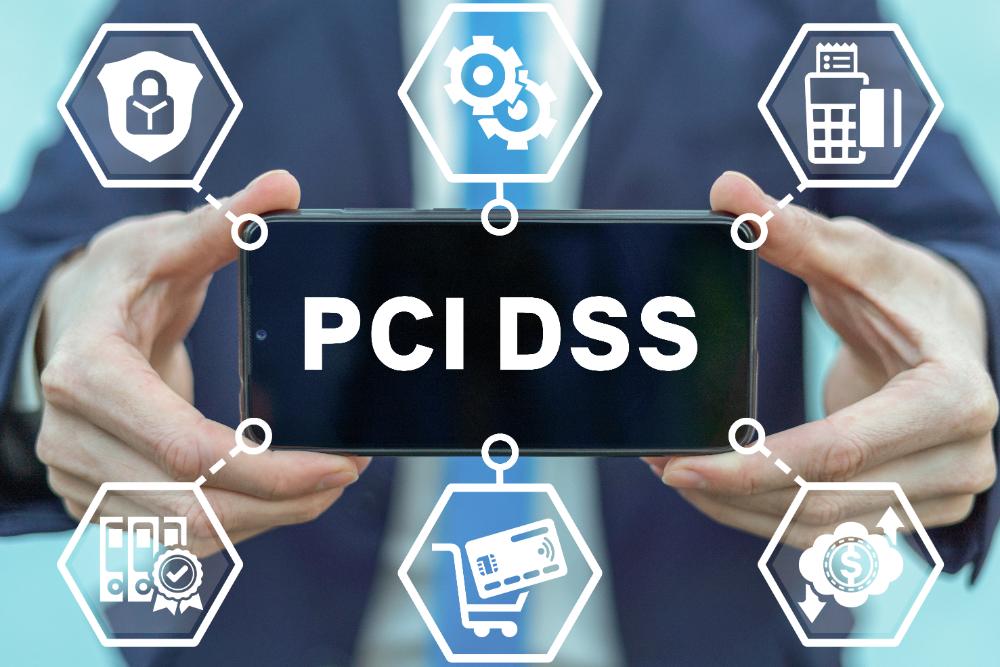PCI compliance for business is an essential aspect of managing modern enterprises. Adhering to the Payment Card Industry Data Security Standards (PCI DSS) ensures that businesses can securely handle credit card information and protect sensitive data. Read on to find out how PCI compliance impacts business operations and learn more about the benefits of maintaining these standards.
What is PCI Compliance for Businesses?
It refers to the adherence to a set of security standards designed to protect card information during and after a financial transaction. These standards were established by major credit card companies to enhance payment card data security. Ensuring compliance is not just a regulatory requirement but a critical practice to prevent data breaches and maintain customer trust.
Key Requirements of PCI Compliance for Businesses
There are several core requirements that businesses must meet to achieve PCI compliance. These include sustaining a secure network, safeguarding cardholder data, employing strong access control measures, and regularly monitoring and testing networks. Each requirement plays a vital role in safeguarding sensitive information and ensuring that data security measures are up-to-date.
Impact on Data Security
One of the primary impacts of PCI compliance on business operations is the enhancement of data security. By following PCI standards, businesses can significantly reduce the risk of data breaches. This not only protects customers’ information but also helps avoid the financial and reputational damage that can result from security incidents.
Operational Changes and Challenges
Implementing PCI compliance may require businesses to make significant changes to their operational processes. This could involve upgrading existing credit card systems, training employees, and continuously monitoring security measures. While these changes can be resource-intensive, they are essential for maintaining a secure environment for handling payment card information.
Financial Implications
The cost of achieving and maintaining PCI compliance can be substantial, involving expenses related to technology, training, and audits. However, the cost of non-compliance can be even higher. Non-compliance can lead to hefty fines, increased transaction fees, and potential loss of business due to a damaged reputation.
Customer Trust and Business Reputation
Adhering to PCI compliance standards helps in building and maintaining customer trust. Consumers are more likely to engage with businesses that demonstrate a commitment to protecting their personal and financial information. A strong reputation for data security can be a competitive advantage in today’s market.
Legal and Regulatory Benefits
Meeting PCI compliance requirements also ensures that businesses are aligned with other regulatory standards. This can simplify the process of meeting various legal requirements and avoid potential legal issues. Additionally, it can provide a framework for developing robust data security practices that extend beyond PCI compliance.
Long-term Benefits of PCI Compliance for Businesses
While achieving PCI compliance can be challenging, the long-term benefits outweigh the initial efforts. These benefits include enhanced security, reduced risk of data breaches, improved customer trust, and a better overall reputation. Businesses that prioritize PCI compliance are better positioned to adapt to future security challenges and regulatory changes.
Our Commitment at Nationwide Merchant Solutions
Nationwide Merchant Solutions understands the importance of PCI compliance for your business. Our comprehensive solutions ensure that your business operations are protected by adhering to these vital security standards. Trust us to safeguard your operations and maintain your customers’ trust.
